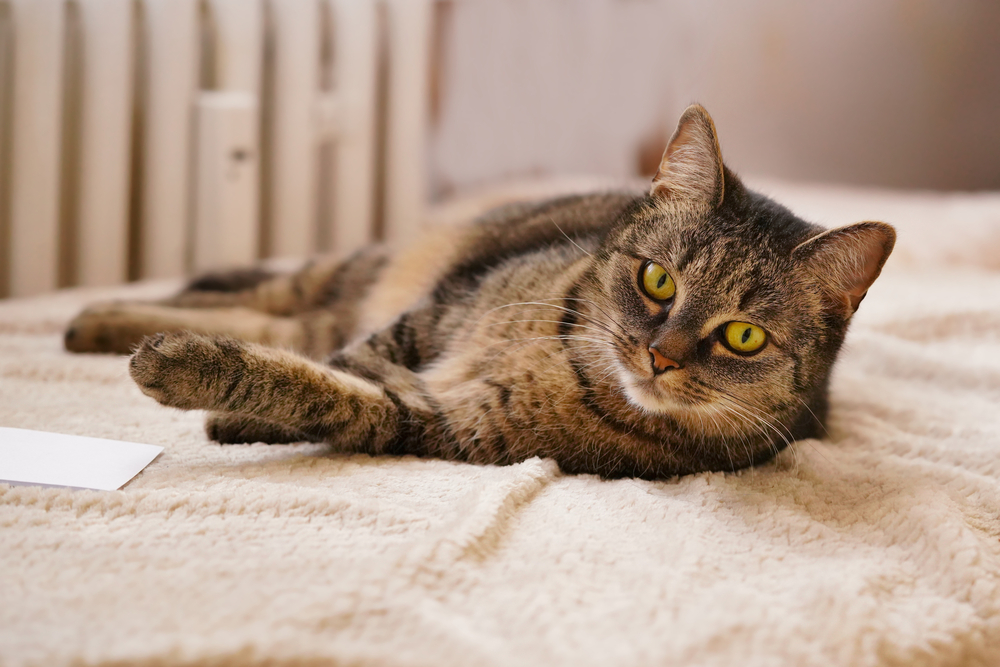

As a responsible cat owner, ensuring the health and well-being of your feline companion is a top priority. One of the most impactful decisions you can make for your cat is spaying or neutering. This simple procedure offers numerous health, behavioral, and community benefits, creating a safer and more harmonious environment for both cats and humans.
Health Benefits
Spaying female cats before their first heat cycle significantly lowers their risk of uterine and ovarian cancers. Additionally, it nearly eliminates the risk of mammary gland tumors, which are often malignant. For male cats, neutering prevents testicular cancer and decreases the likelihood of prostate problems.
Spayed and neutered cats tend to live longer, healthier lives. Reduced exposure to the stress and physical demands of breeding, along with a lower chance of contracting certain diseases, contribute to their overall well-being. Additionally, intact female cats may experience complications such as uterine infections (pyometra) or difficult pregnancies. Spaying removes these risks entirely.
Behavioral Benefits
Unneutered male cats often engage in spraying strong-smelling urine to mark their territory, a behavior that can be both unpleasant and challenging for pet owners to manage. Neutering is a proven solution to this issue, as it typically reduces or completely eliminates spraying. This makes living with your feline companion much more pleasant while maintaining a cleaner and more sanitary home environment.
Aggression is another common issue among unneutered cats, particularly males. The hormonal drive to compete for mates can lead to aggressive tendencies, resulting in fights with other animals or unsociable behavior at home. Neutering helps to curb these tendencies, making your cat more approachable and fostering a more harmonious relationship between your pet and others in its environment.
Roaming is a risky behavior frequently observed in intact cats, especially males, as they instinctively search for a mate. This wandering habit not only increases the likelihood of accidents or getting lost but also exposes your cat to dangers such as fights, predators, or harsh environmental conditions. Neutering significantly reduces this urge, encouraging your cat to stay closer to home and enhancing its safety.
Lastly, spayed and neutered cats often display a calmer and more affectionate demeanor. Without the influence of hormones driving the need to mate, these cats tend to be more relaxed and focused on bonding with their human families.
Community Benefits
One of the most significant benefits of spaying and neutering is its contribution to reducing the overpopulation of stray and feral cats. By preventing unwanted litters, you help decrease the number of cats that end up in shelters or face homelessness.
Stray cats often spread diseases like feline leukemia virus (FeLV) and feline immunodeficiency virus (FIV). Controlling the cat population through spaying and neutering helps reduce the spread of these illnesses within the feline community.
When to Spay or Neuter Your Cat
Kittens can be spayed or neutered as early as eight weeks old, although the ideal age often depends on your cat’s health and breed. Consult your veterinarian to determine the best time for the procedure. Even older cats can benefit from spaying or neutering, so it’s never too late to make this choice.
Get Started at Brekke Veterinary Clinic Today
Spaying or neutering your cat is a responsible and compassionate decision that enhances their quality of life and supports the well-being of the broader community. At Brekke Veterinary Clinic, we are committed to providing expert care for your feline friend.
If you have any questions or would like to schedule a spay or neuter appointment, contact Brekke Veterinary Clinic at our Aloha Street location in Castle Rock, Colorado, or call (303) 474-4260 to book an appointment today.







